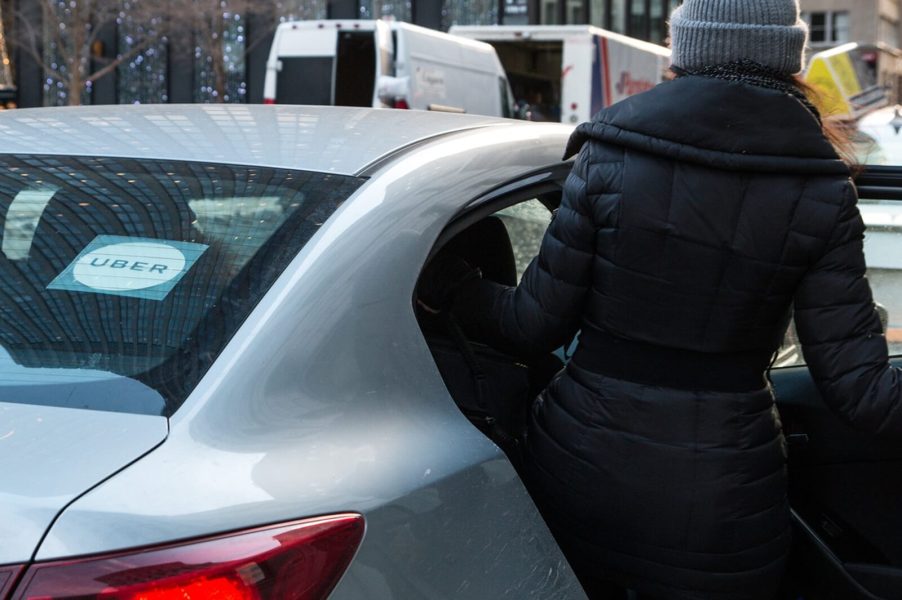
Some Gen Z Adults Would Rather Uber Than Drive
Generation Z, or “Zoomers” have a propensity to reject the necessity of getting a driver’s license as a teenager. In fact, some Gen Z adults would rather call emergency services or book a ride through a rideshare app like Uber or Lyft. So, what gives with Zoomers and their generational cold shoulder toward what was once a sought-after milestone for American youth?
The very concept of mobility has changed for Gen Z adults, leading many to abstain from getting licenses
More so than Millennials, Gen Z adults are opting out of getting a driver’s license. For instance, in 1997, 43% of Americans had a driver’s license by their 17th birthday. However, 23 years later, that number fell to 25%. It’s a precipitous drop in driving interest among America’s young adults. However, it’s not just an act of rebellion. Gen Zers have reasons for their collective abstinence from licensing.
Among the most common reasons for the lull in licensing, Gen Z adults have financial, environmental, and anxiety-related concerns, per The Washington Post. As for the financial concerns, Zoomers cite the expensive costs of comprehensive car insurance and vehicle ownership. As such, many young Americans believe they can get by in urban contexts with a combination of rideshares, buses, trains, and personal transportation devices like electric scooters.

As you might imagine, the concept and necessity for mobility has also changed. Gen Z adults can work, game, and socialize via the internet in a way that previous generations only dreamt of. The result, fewer young adults feel the impetus to achieve freedom through vehicle ownership.
In addition to many Gen Z adults’ concerns, there are more solutions for mobility than ever before. For instance, the average wait time for an Uber ride in U.S. cities is under five minutes. Consequently, many urban commuters use rideshare as a partial replacement for vehicle ownership. Moreover, while periodic Uber and Lyft rides can add up, a mix of rideshare and public transit is sufficient for city dwellers in locations like Seattle, New York, and Philadelphia.





